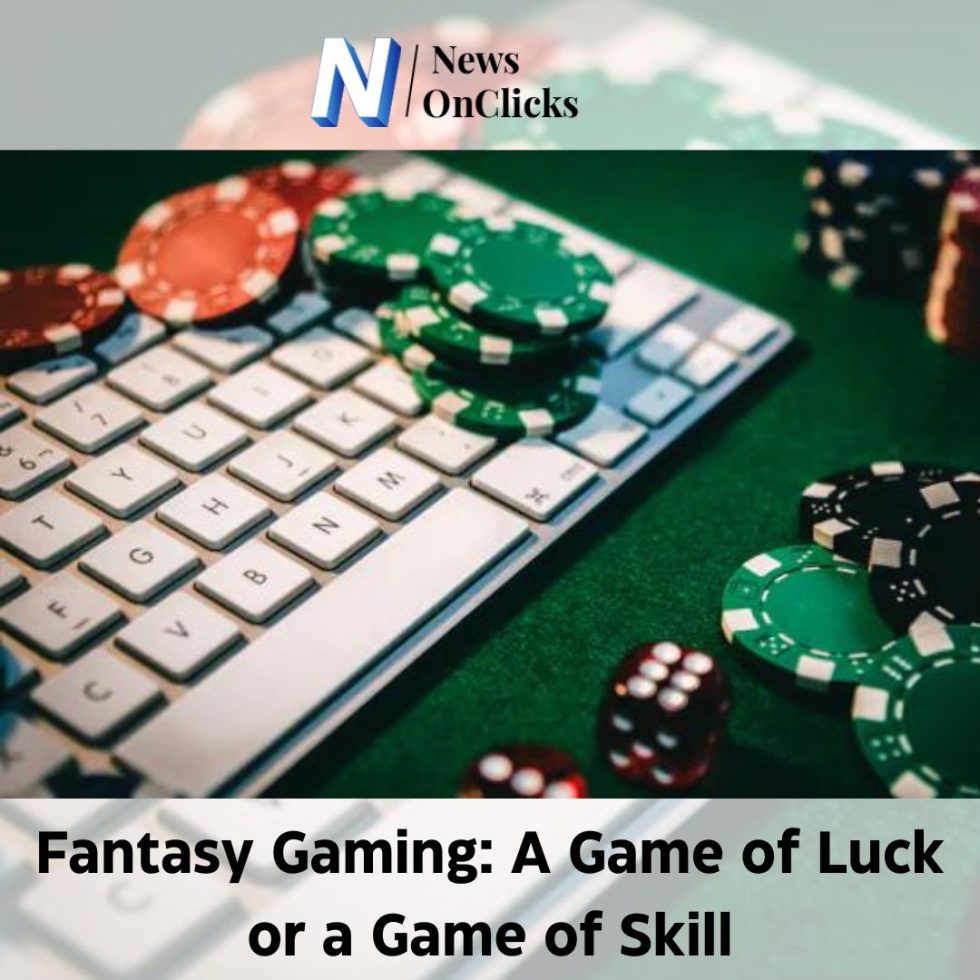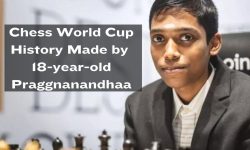
In India, the online fantasy sports sector is thriving. The rapid advancement of technology, internet access, and the use of smartphones for almost everything in one’s life has caused the online gaming industry to grow at an exponential rate. Online fantasy sports platforms such as Dream 11, My Circle 11, and others that began with little financial backing have grown into a billion-dollar industry in the last 6-7 years. The Indian gaming sector is predicted to be around USD 300 million in 2016, rising to $1 billion by 2021. Naturally, when a firm becomes extremely profitable, it attracts the attention of authorities and the general public, which leads to lawsuits. So the questions that arise are what is Online Fantasy Sports and how it’s not considered gambling?
What is Online Fantasy Sports?
In the last decade, online fantasy sports have drawn a large number of participants. The concept began in the United Kingdom and Europe in baseball, basketball, and football and quickly spread throughout the world. In a fantasy sport, the concept often comprises the position of team manager with a limited budget and the ability to buy and sell players before each game. Fantasy sports, in essence, simulate real-life sports, and participants are awarded points based on the performance of real-life players in the game. Cricket is the sport that introduced fantasy sports to India. Initially, there were no financial stakes, and individuals played fantasy sports for the sake of bragging rights among friends and a deep love for cricket. In recent years, apps such as Dream 11 have commercialized fantasy sports and transformed it into an industry that is now estimated to be worth a billion dollars. Online fantasy sports should be distinguished from online gambling because fantasy sports are classified as a game of skill rather than a game of chance.
Game of Chance and Game of Skill
A chance is often dependent on probability and complete luck, and if a game is based on complete luck, it is called a “Game of Chance,” whereas a game that requires the player’s talent to prevail is called a “Game of Skill.” The line between the two is exceedingly thin and exists in a grey area. The following are the primary points of distinction between the two:
- The outcome of a game of chance is heavily influenced by some devices such as dice, spinning tops, playing cards, roulette wheels, and so on, whereas the outcome of a game of skill is determined by mental or physical skill rather than chance.
- A game of chance may have some skill components, but luck dictates its outcomes, whereas a game of chance may have some skill elements, but luck determines its outcomes.
- A game of chance is based on a combination of luck and skill to some extent, whereas a game of skill is based on knowledge and competence in the subject.
- In the game of chance, the element of chance predominates over the element of skill, but in the game of skill, the element of skill predominates over the element of chance.
The Supreme Court defined a game of skill as “one in which success depends principally on the superior knowledge, training, attention, experience, and skills of the player” in the case of Dr. K.R. Lakshamanan v. State of Tamil Nadu.
How come Online fantasy Sports such as Dream 11 escaped from being categorised as an online gambling platform?
As the online fantasy sports sector grows at an exponential rate, it has piqued the interest of government officials. Dream 11 is a market leader in the online fantasy sports sector. Many lawsuits were filed against them when they began to make large profits. Varun Gumber v. Union Territory of Chandigarh and others was the first case filed in the Punjab High Court. The petitioner had filed a motion with the court, claiming that Dream 11 is a game of chance and thus falls under the category of gambling. The Dream 11 counsel argued that the participants need to have a lot of knowledge about the sport and the attributes of the players, as well as other factors such as pitch, type of match, and other factors affecting the outcome of the match, and that there is a small amount of chance and a large amount of skill involved in this game, and thus it does not fall under the category of game or chance/gambling. Following the hearing, the Punjab High Court made the following observations about the operation of Dream 11:
- While selecting his team, he must use tremendous skill, judgment, and knowledge.
- Assess a player’s relative worth and form in contrast to other players available for drafting.
- When analysing a player’s statistics, follow the rules.
- Make certain that his team does not have a large number of players from a single team.
Following the aforementioned observations, the Punjab High Court relied on the historic decision of K.R. Lakshmanan v. State of Tamil Nadu, in which the supreme court held that betting on horse racing is a game of skill rather than chance.
Conclusion
Because of technological advancements, online fantasy sport platforms are one of India’s thriving enterprises. It is expected to be a billion-dollar industry soon and to grow at an exponential rate in the future years. The majority of the legislation and policies governing Fantasy sport forms are out of date. To transform the perception of online gaming as gambling and to protect the interests of its clients, India should focus on the adoption of specific legislation and the establishment of tribunals to supervise gaming operations.









